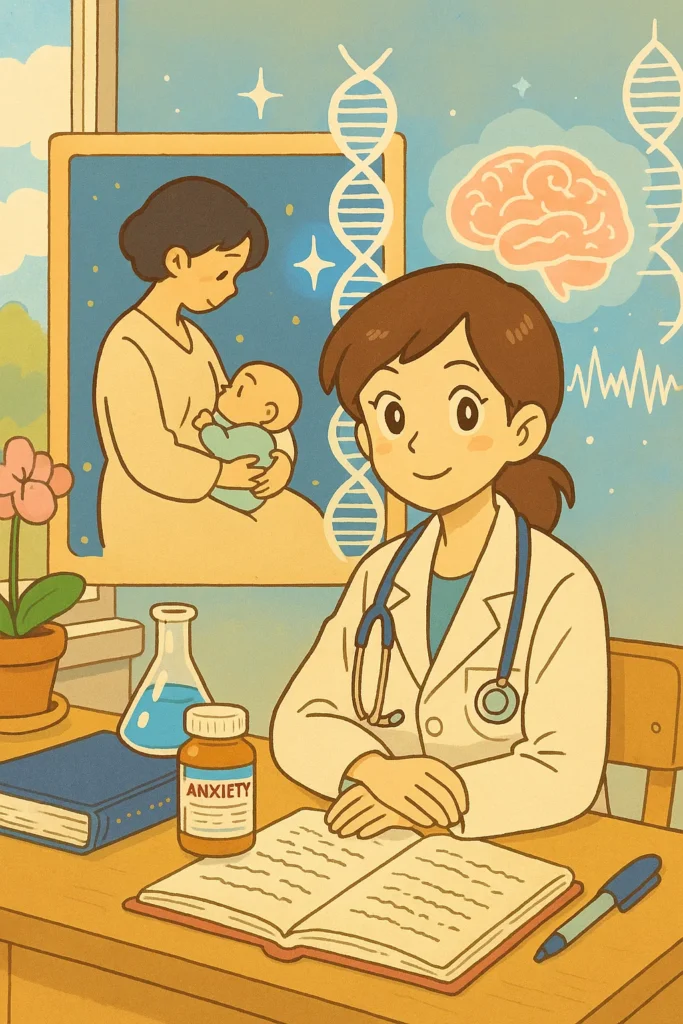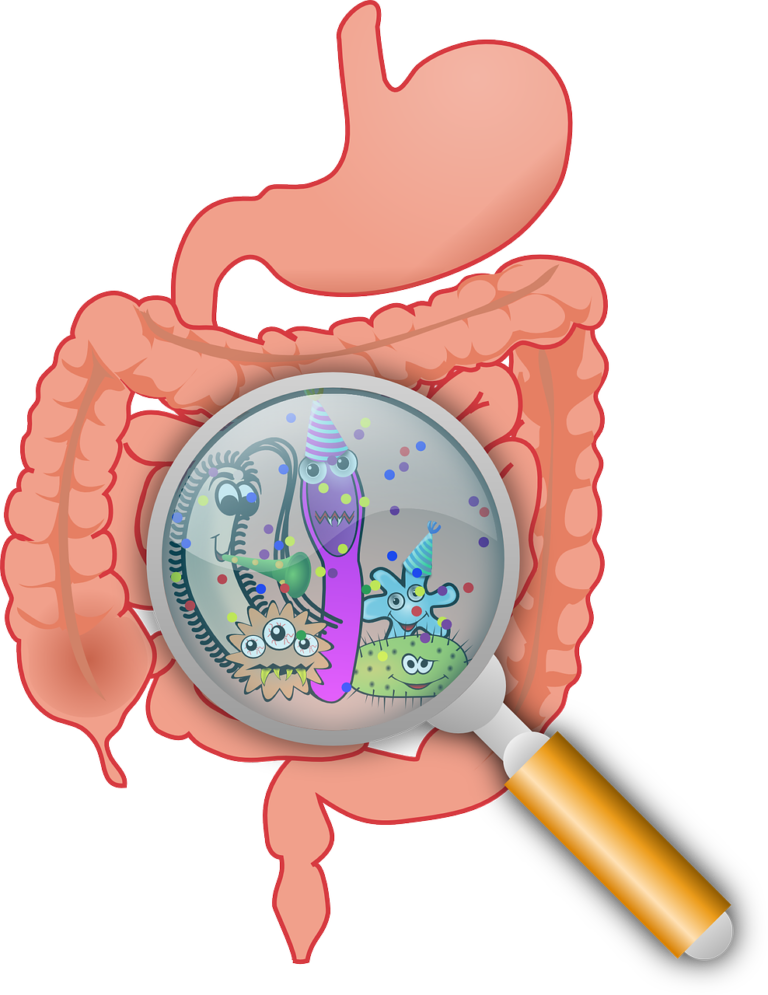We’ve read in my previous article that breastfeeding and anxiety prevention are related. As an anxious doctor who was breastfed for 2 years, I explore why breastfeeding alone doesn’t guarantee mental health and what protects kids from anxiety.

The truth? Breastfeeding is just one piece of the anxiety puzzle. New research reveals that while it helps, factors like genetics, childhood trauma, and even air pollution play equally powerful roles.
Breastfeeding and Anxiety Prevention: The Science vs. My Reality
Personal confession:
Despite two years of “optimal” breastfeeding, I still inherited my mother’s anxious temperament—living proof that biology often trumps breast milk.
Genetic reality:
As a physician, I know the research: 50% of anxiety risk is genetic, according to recent studies in Nature Genetics, 2023.
Yet somehow I still caught myself wondering if I’d nursed “enough” or “right.”
The clinical truth about breastfeeding and anxiety prevention is clear: nursing can’t override family history of mental illness—and that’s okay.
This isn’t a failure of motherhood or medicine; it’s simply the complex interplay between genetics and environment that shapes who we are.
Sometimes the most evidence-based thing we can do is acknowledge that our best efforts can’t rewrite our DNA.
Why Breastfeeding Alone Can’t Prevent Anxiety (Evidence-Based)
The evidence tells a nuanced story that my personal experience confirms. Most breastfeeding studies suffer from significant confounding variables, they rarely control for socioeconomic status, parental education, or community support systems, as noted in recent JAMA research.
Would my anxiety be worse without those two years of nursing? Probably.
But expecting breastfeeding to be a cure was unrealistic from the start. The WHO’s 2023 findings show that any anxiety-protective benefits of breastfeeding plateau around six months, meaning my extended nursing likely provided diminishing returns on the mental health front.
As both a physician and an anxious mother, I’ve learned that breastfeeding is one protective factor among many not a silver bullet that can overcome genetic predisposition or environmental stressors.
True Anxiety Prevention Strategies That Work Better Than Just Breastfeeding
Harvard’s 2024 research delivers a sobering reality check: children of anxious parents face three times higher anxiety risk regardless of breastfeeding status.
Meanwhile, the American Academy of Pediatrics found that unstructured play actually reduces childhood anxiety more significantly than extended breastfeeding duration.
As physicians, we know the prescription that truly matters: feed your child however you can manage, breast, bottle, or combination, then channel your energy into emotional attunement and creating opportunities for safe risk-taking.
These relationship-based interventions address anxiety at its roots in ways that a feeding method simply cannot. It’s time we stopped obsessing over lactation duration and started focusing on the psychological scaffolding that builds resilient, emotionally regulated children.
The Bottom Line: Reframing Our Expectations
After reviewing the evidence on breastfeeding and anxiety prevention, the relationship isn’t as straightforward as we’ve been led to believe.
Yes, breastfeeding provides benefits; immune support, bonding opportunities, and modest mental health protection.
But it’s not a shield against genetic predisposition or family history. As a physician, I wish I could tell patients that optimal breastfeeding guarantees anxiety-free children, but the data simply doesn’t support that claim.
Instead of placing unrealistic expectations on feeding methods, we need to focus on what actually matters: parental mental health, children’s emotional development, and creating safe environments for exploration.






